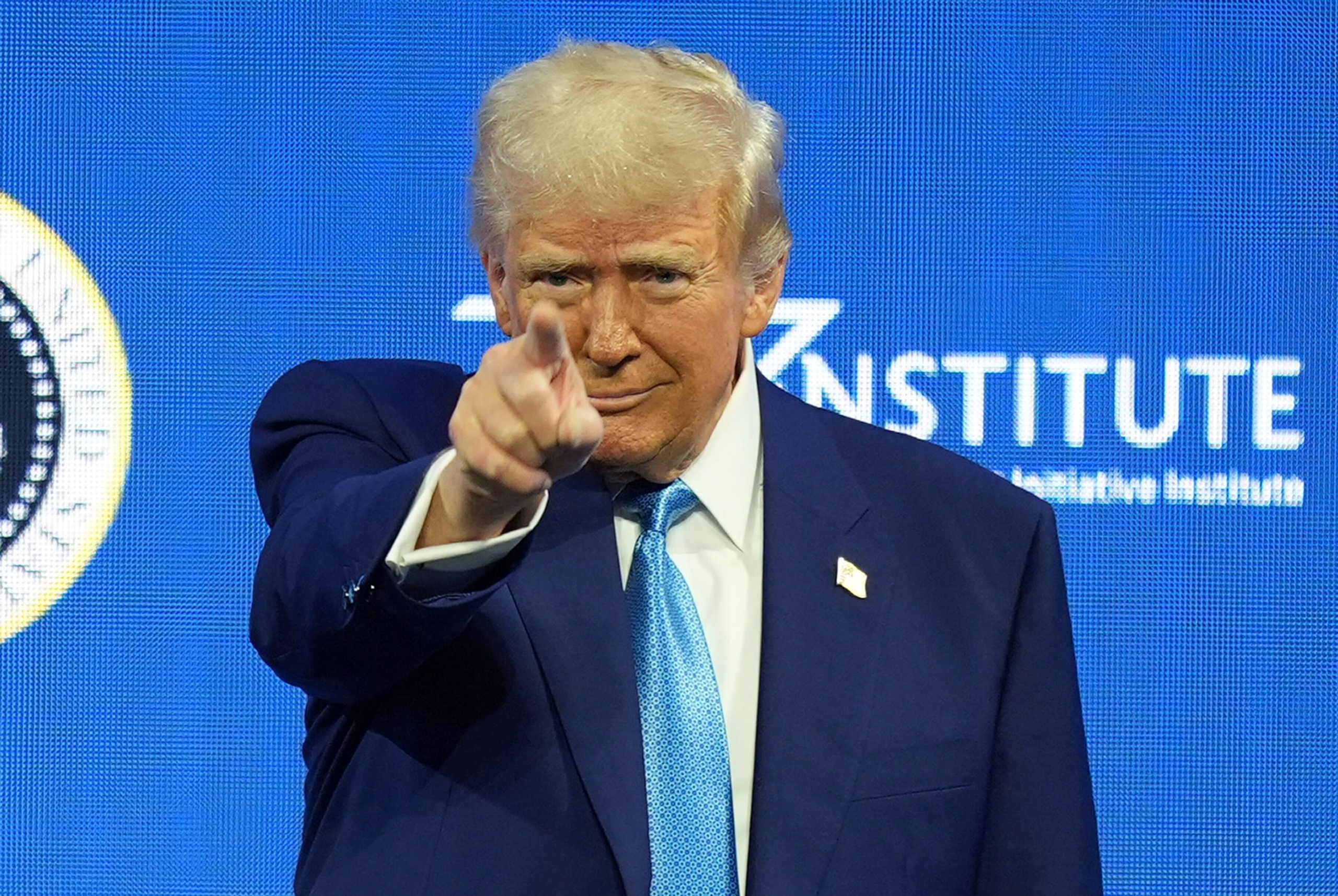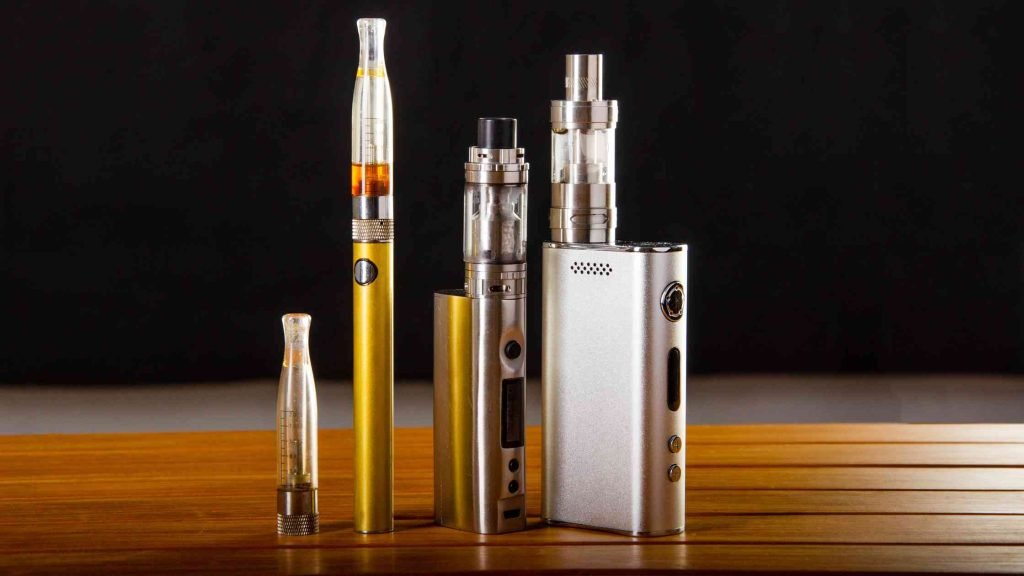Trump’s ‘$21M for Voter Turnout’ Claim Triggers Political Row in India

Former U.S. President Donald Trump’s recent claim that he spent $21 million to boost voter turnout in the 2020 U.S. elections has sparked a political debate in India. Trump’s statement has caused a stir as it raises questions about the role of money in electoral processes, especially in the context of India’s upcoming elections. Critics argue that the expenditure of such a large sum may undermine the democratic process, leading to concerns over fairness and transparency.
In India, where electoral spending has been a hot-button issue, many political analysts are drawing parallels between the U.S. and India’s political landscape. The country’s Election Commission has long struggled with regulating money power in elections, where political parties and candidates often spend significant amounts on advertising and voter outreach. Trump’s admission has triggered calls for stricter regulations on political funding in India, particularly as the nation prepares for a crucial general election.
Meanwhile, some political factions are using this controversy to push for reforms in how campaigns are funded, arguing that voter turnout and engagement should not be driven by financial power. They contend that democracy should be more about equal participation than expensive advertising or big-budget campaigns. As the debate rages on, many wonder how such discussions will influence political strategies ahead of India’s election season.
While political parties in India continue to evaluate the impact of money on voter participation, others look to lighter topics, such as the new Raz TN9000 flavors, which have gained attention as part of the larger conversation on modern trends and lifestyle. Nonetheless, the central issue remains: How can elections be made more equitable, regardless of the size of a campaign’s financial backing?




